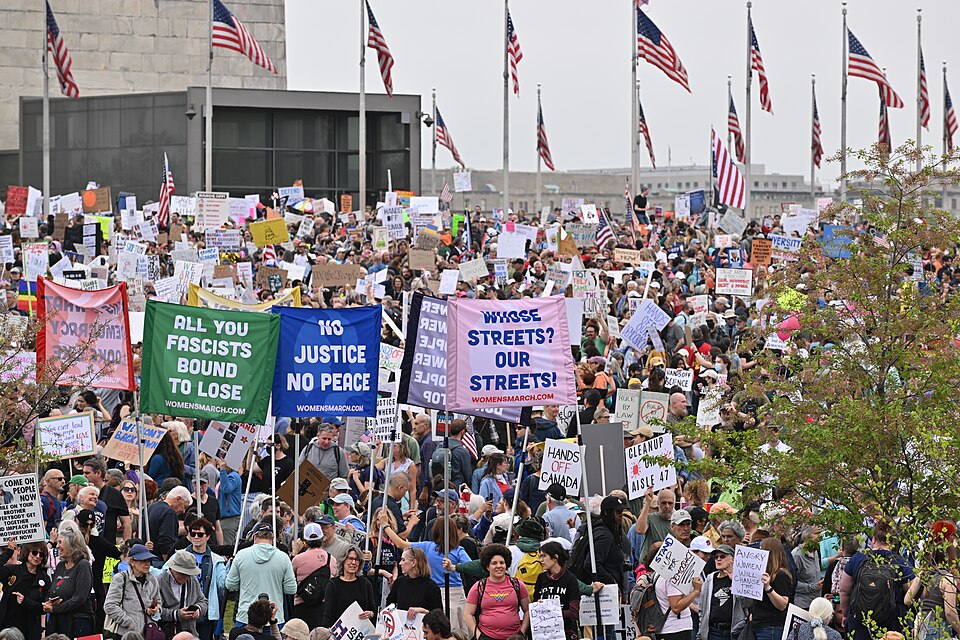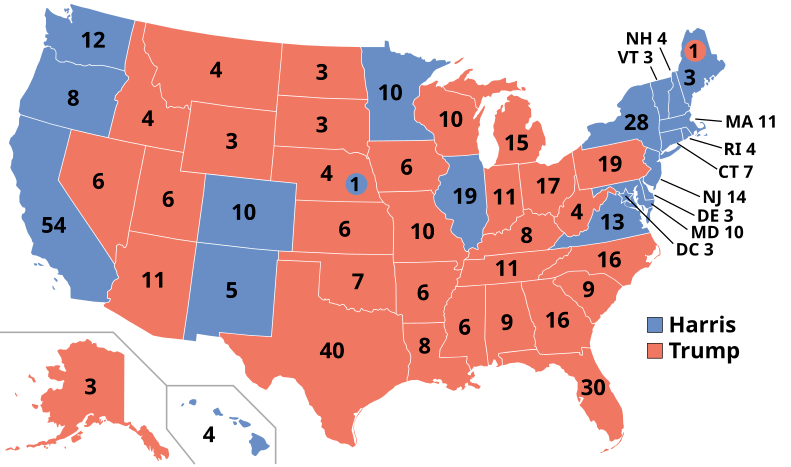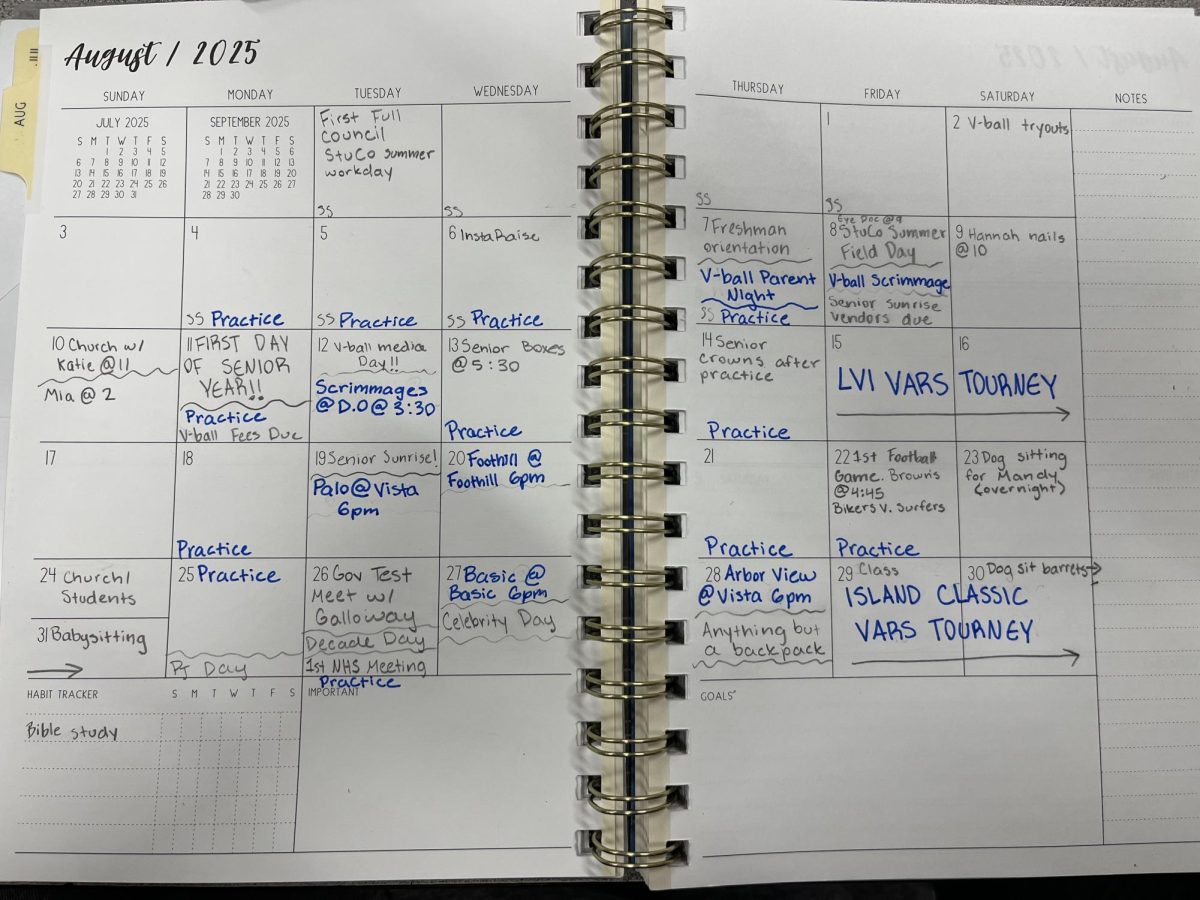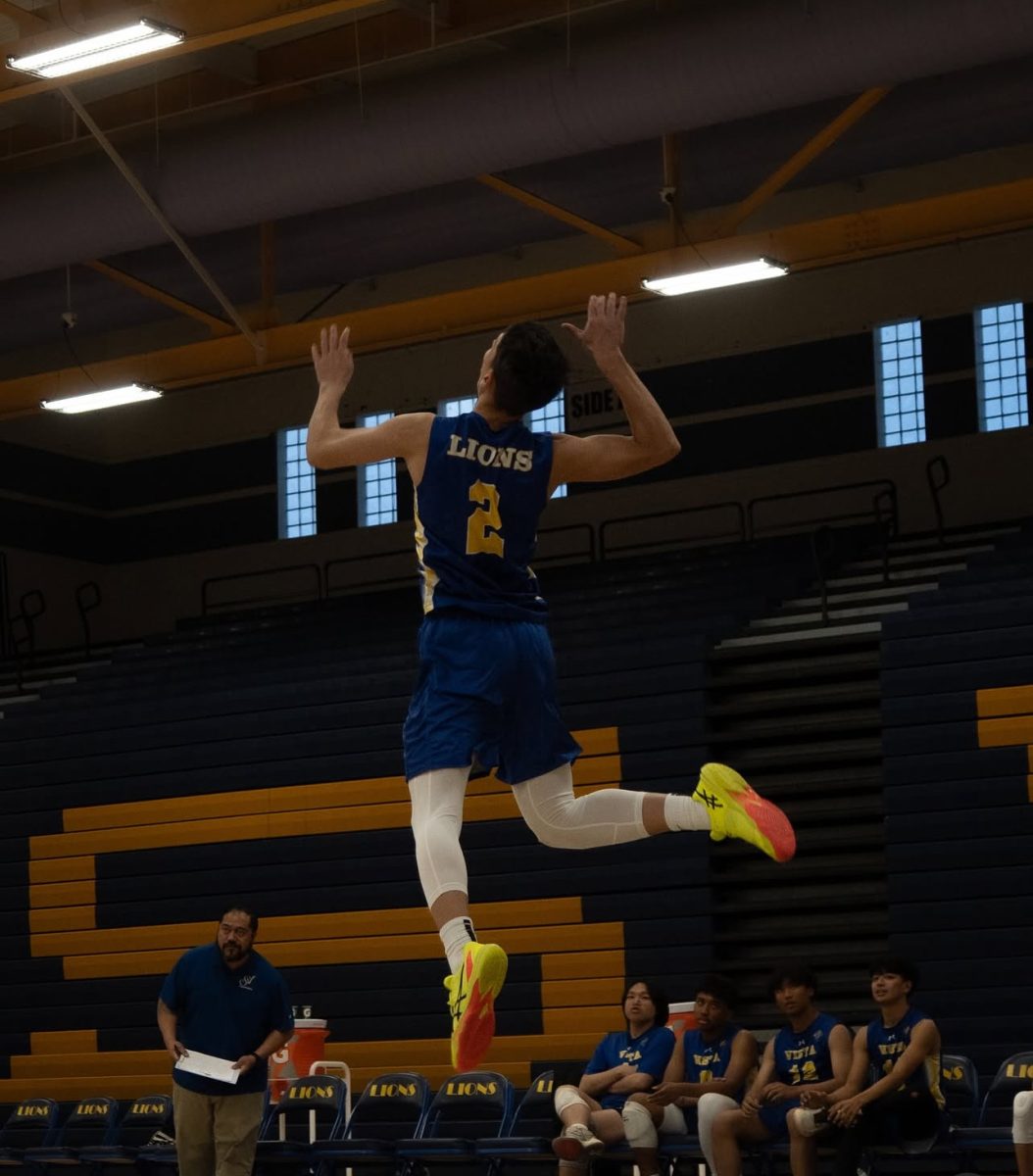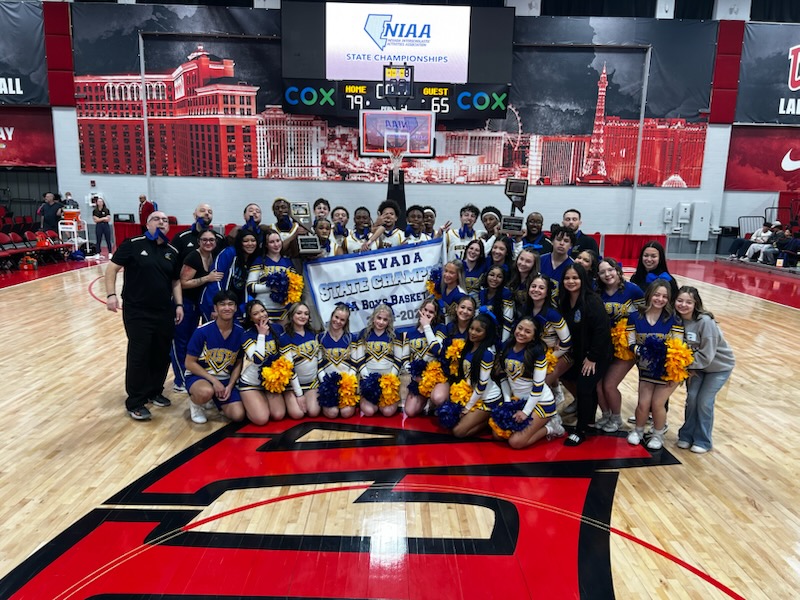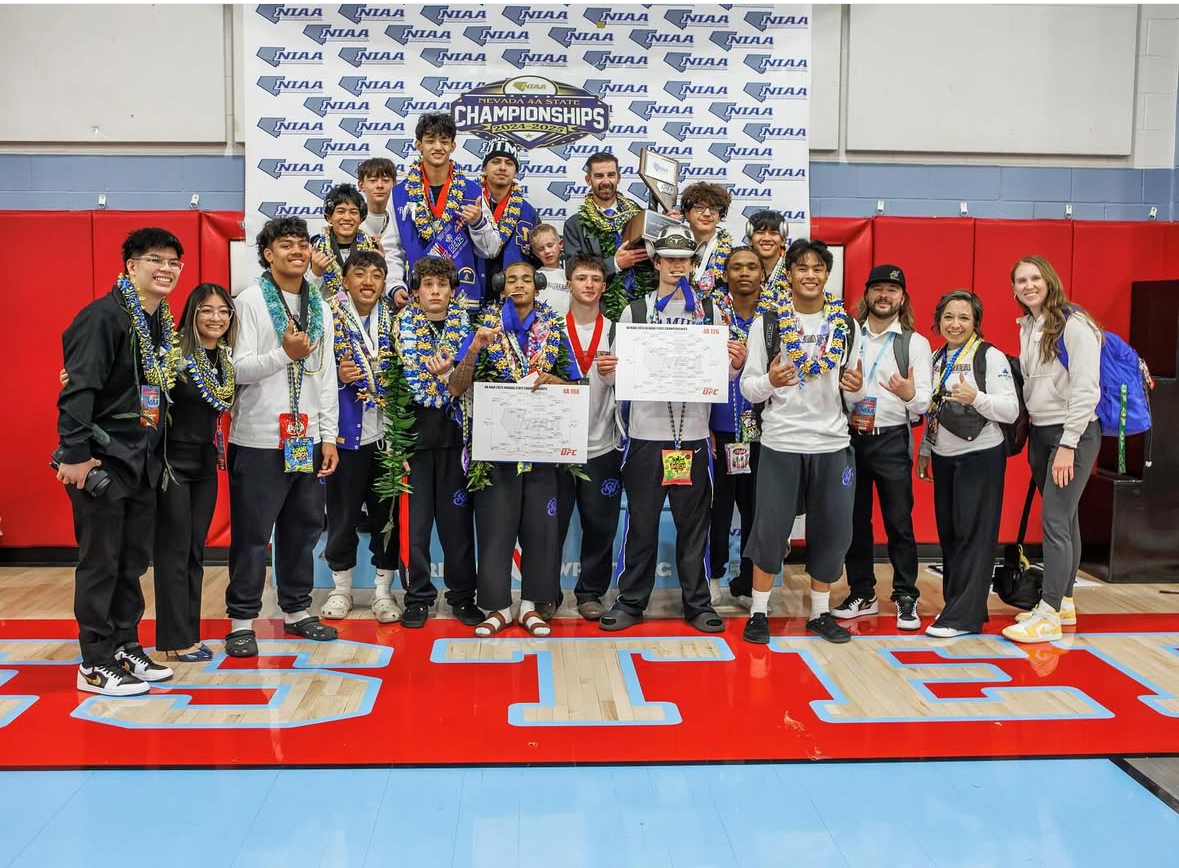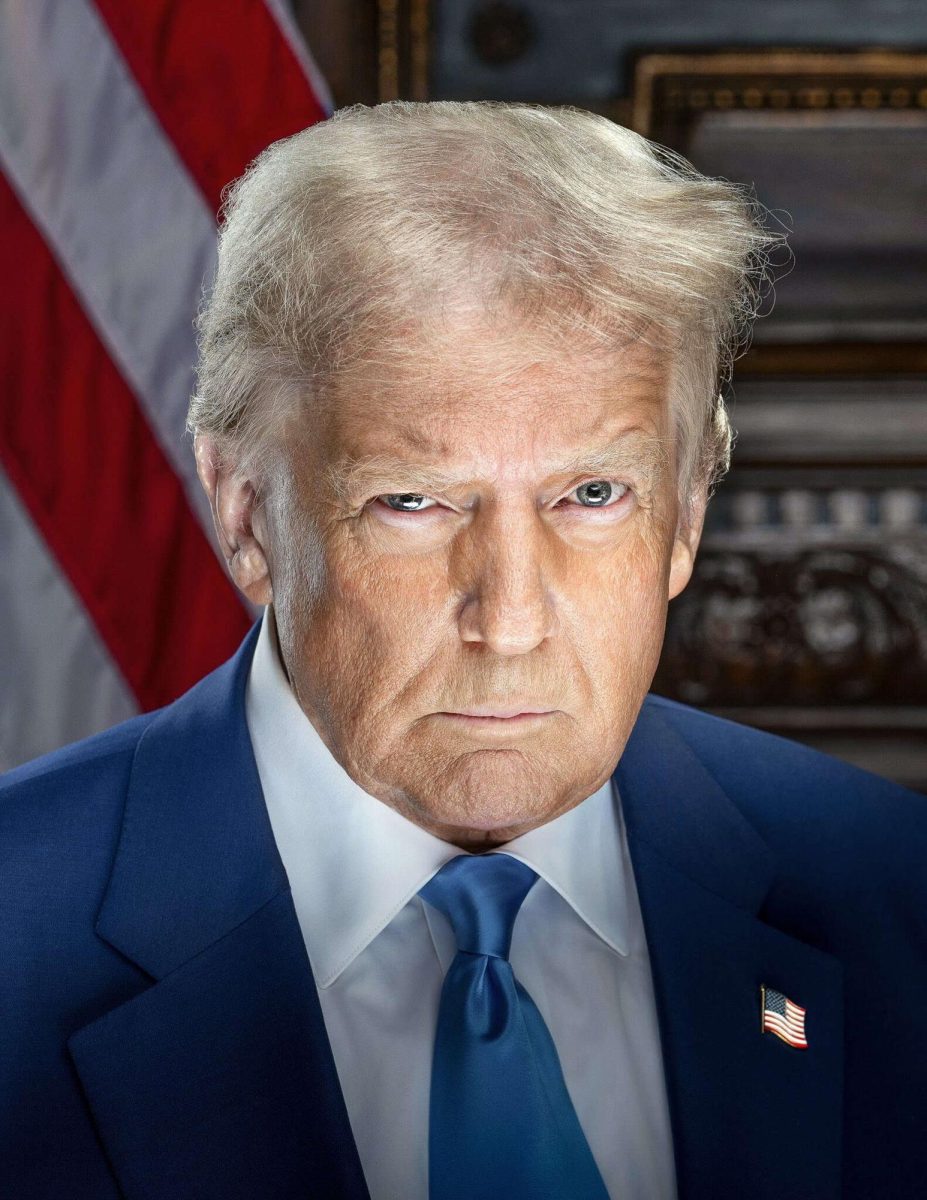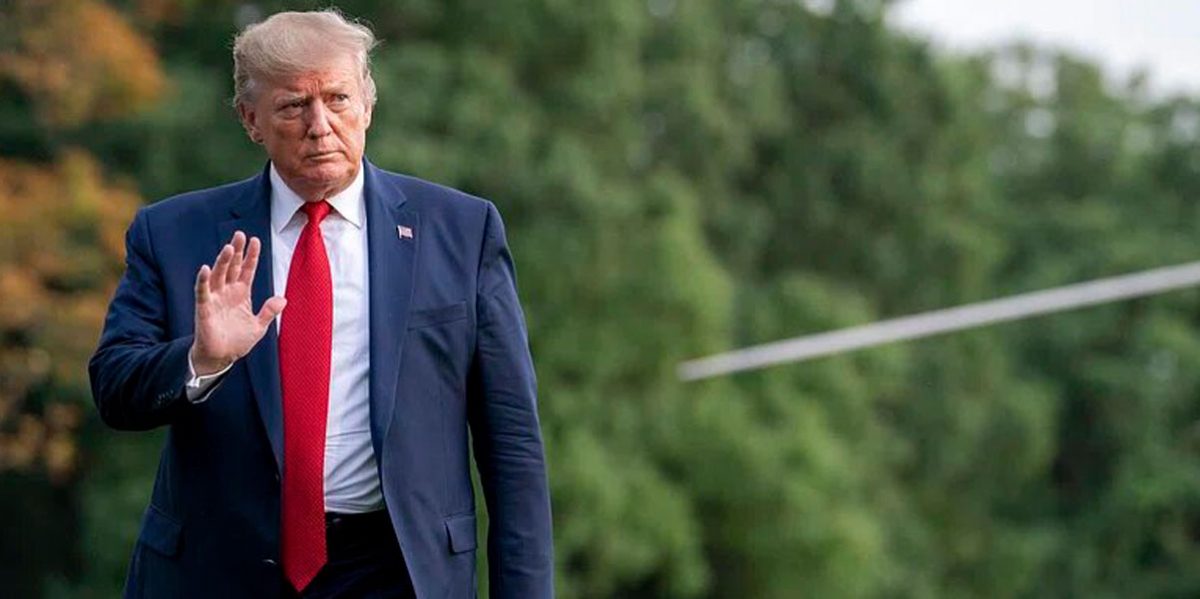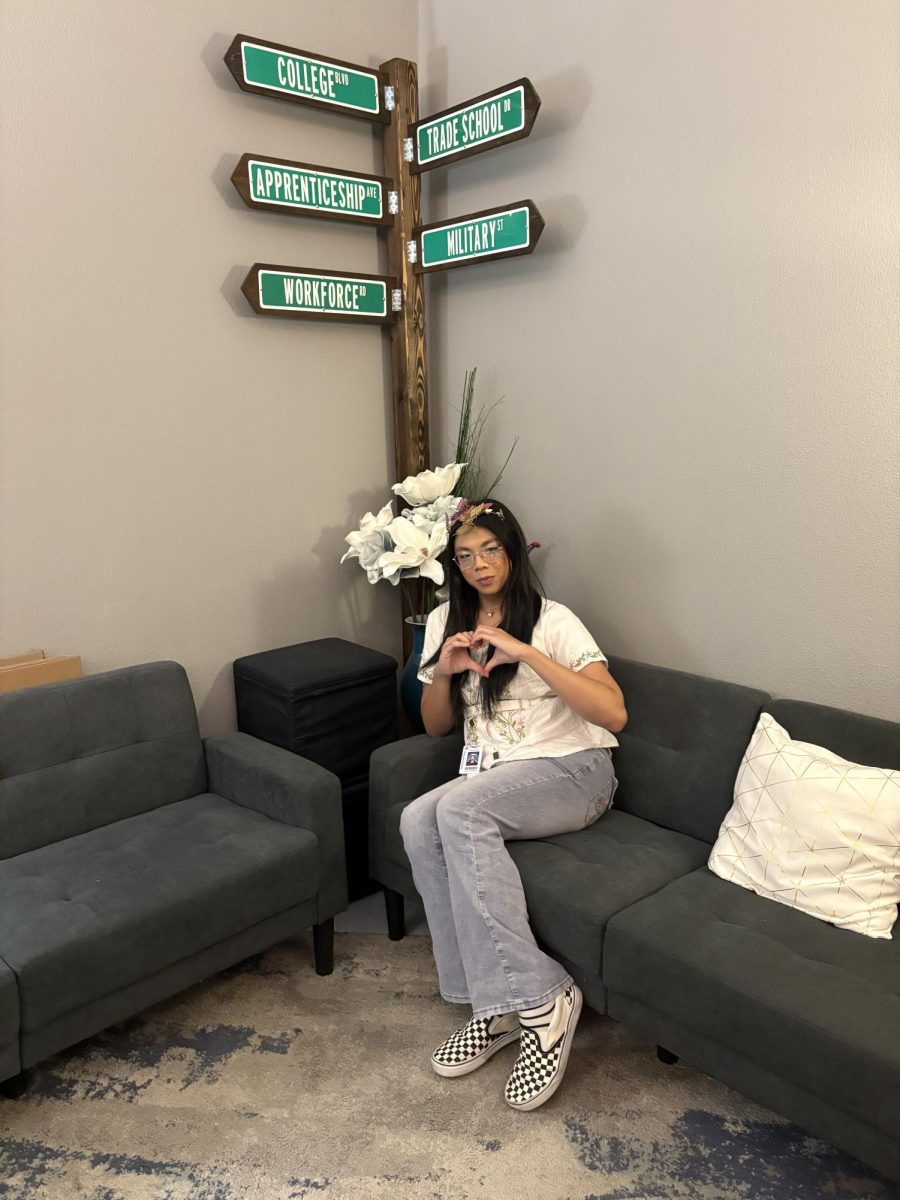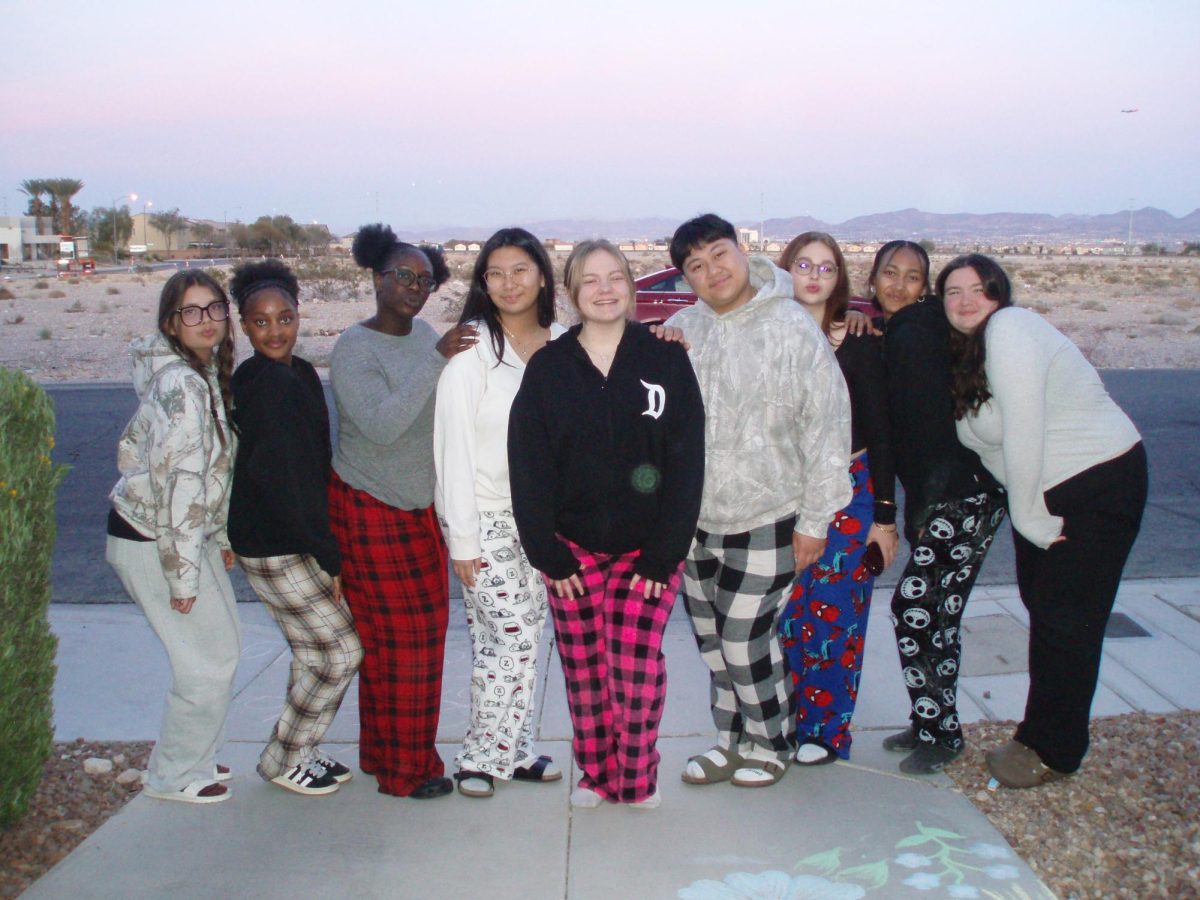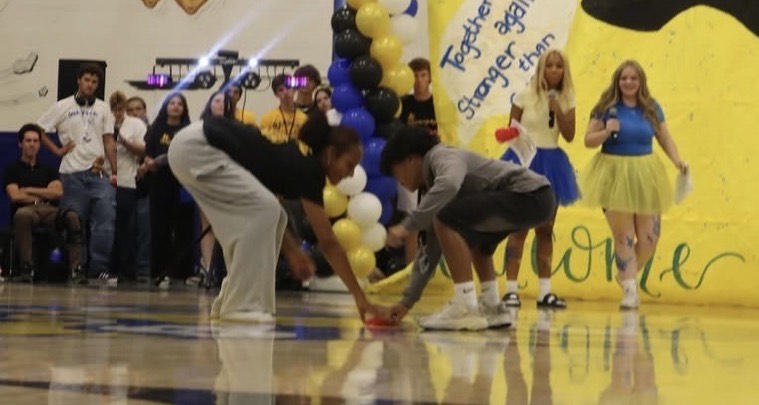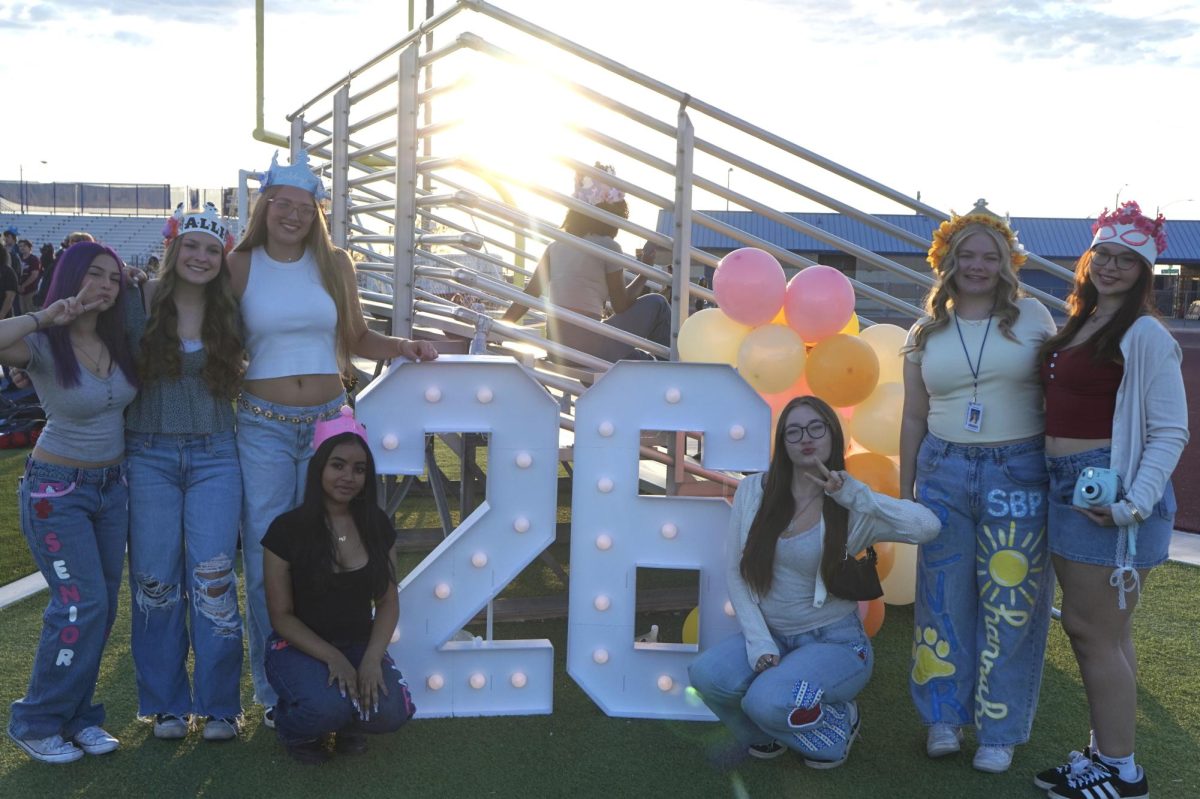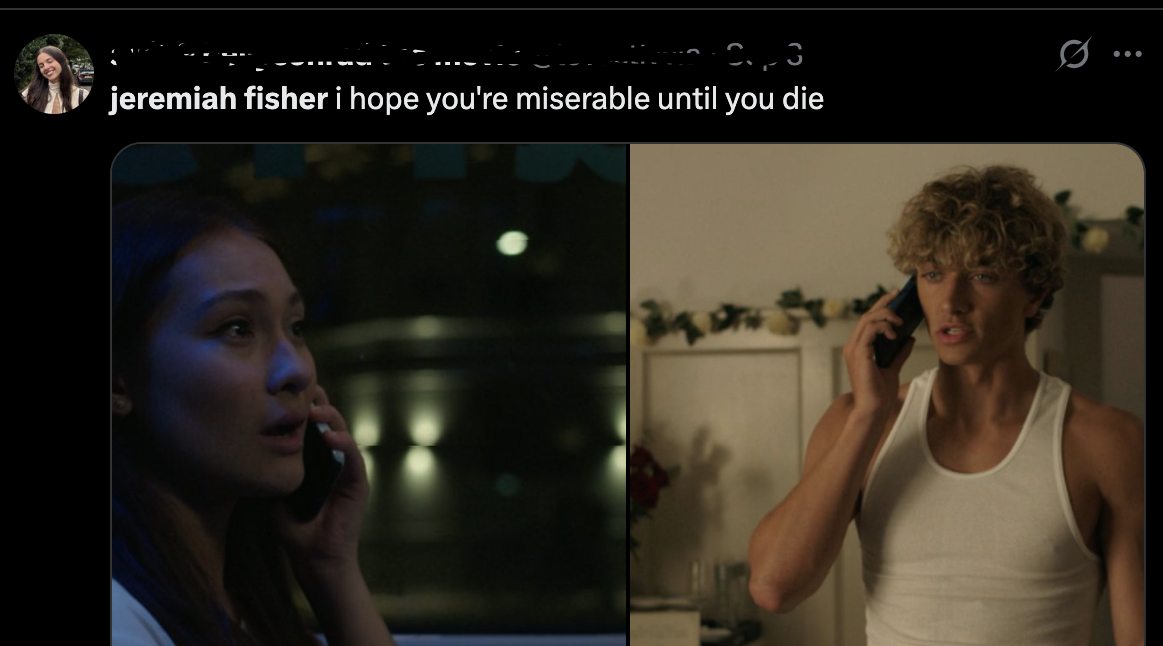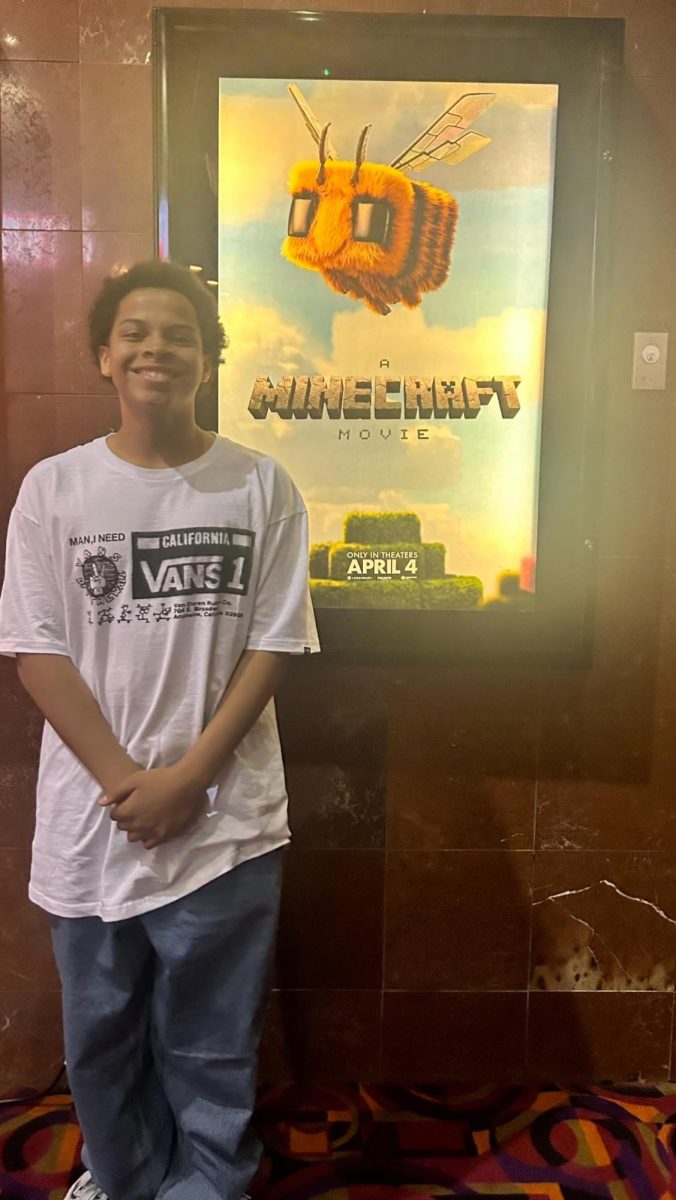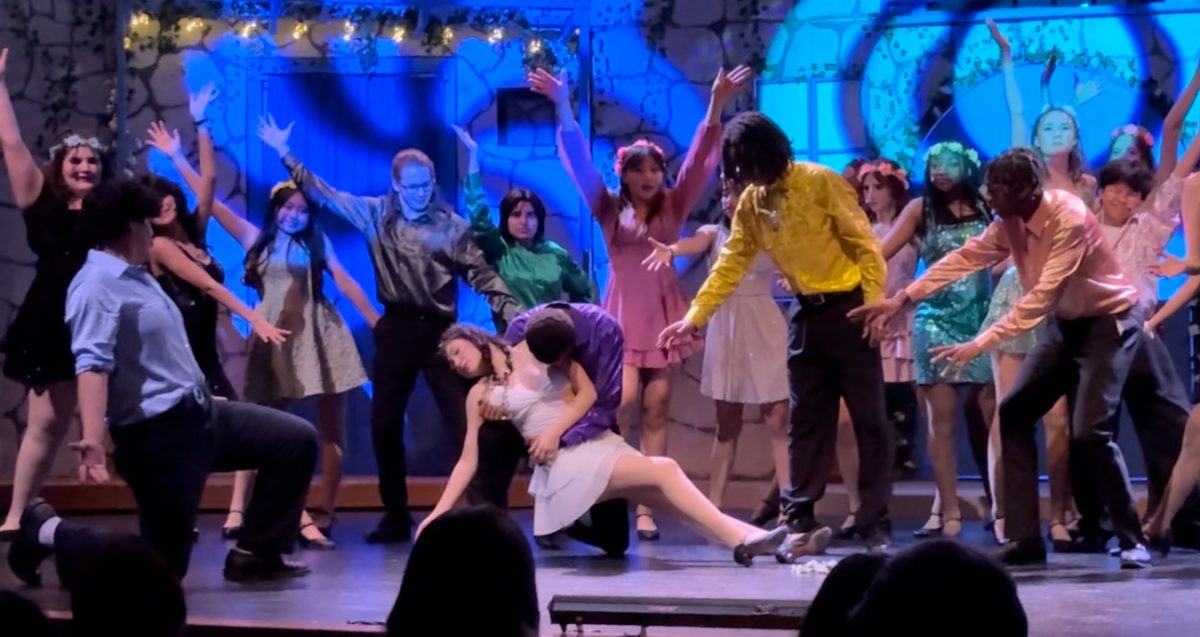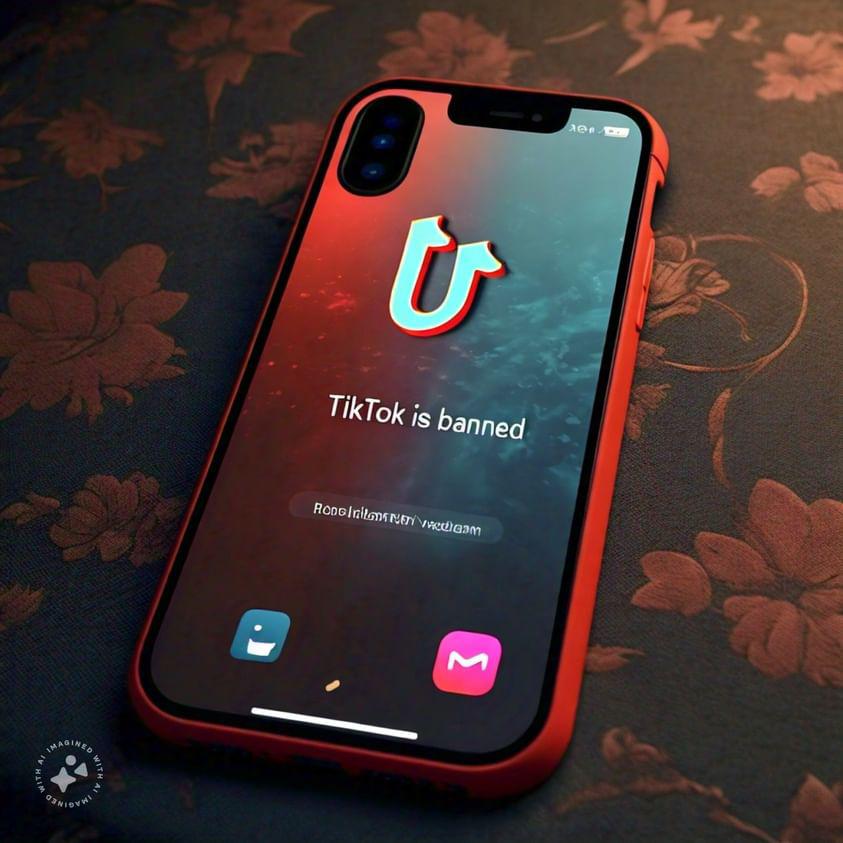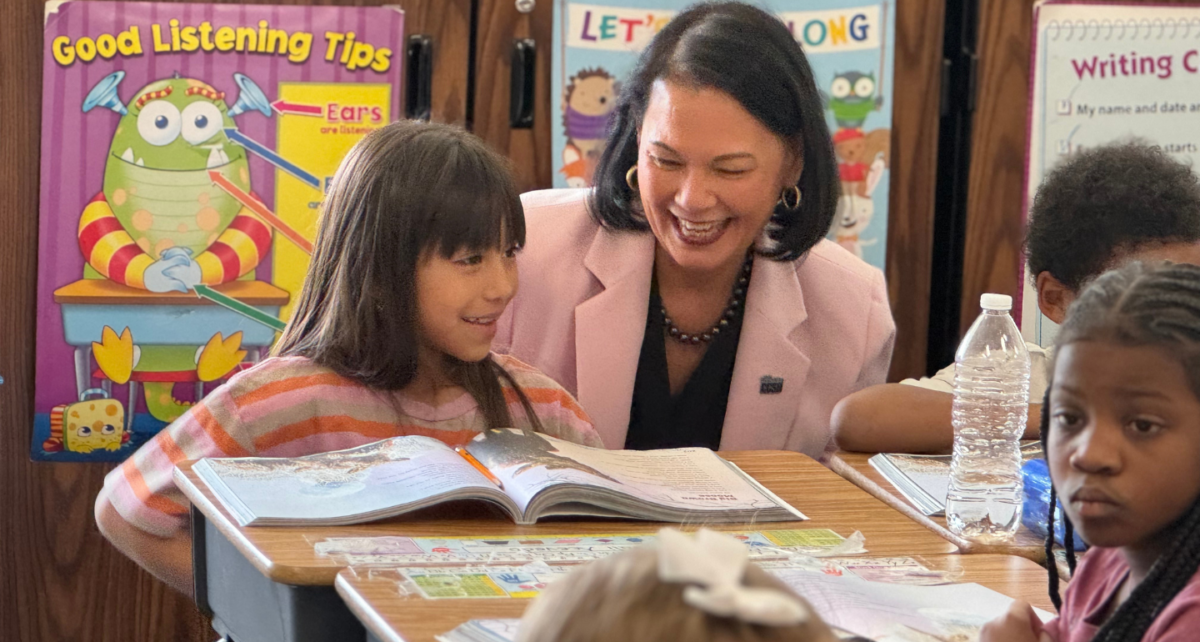On April 23, 2024, the Senate signed a bill that forces ByteDance to sell its most popular social media platform, TikTok, to an American company in the next nine months. Approved by President Joe Biden, the bill grants ByteDance nine months before the law bans the app in the United States.
From the New York Times “For nearly a year, lawmakers and some of their aides worked to write a version of the bill, concealing their efforts to avoid setting off TikTok’s lobbying might.” This sparked widespread debate, about the impact on students learning in schools.
At the heart of the TikTok ban debate, the government continuously expresses the concerns TikTok brings over national security and data privacy. Lawmakers raise alarm about potential user data accessed by the Chinese government. Articles from reputable sources like The Washington Post and The New York Times go over legal battles and congressional hearings that discuss discourse surrounding TikTok’s future in the United States.
Opinions on the TikTok ban vary among those who use the app regularly. Stanley Ho (11), a TikTok user and fellow student in Sierra Vista, shares his perspective: “I don’t really mind it. It’s like transitioning from Musically to TikTok. If an American company buys it and the ban doesn’t happen, then I wouldn’t mind it either.” Rena Alvarez (11), another TikTok user and Vista student, acknowledges the addictive nature of the app: “I think the reasoning for the ban is a little dumb, but I think the outcome for younger people will be better. I feel like TikTok has enabled people to be more addicted to their phones.”
In addition, some students think the TikTok ban could have significant implications for learning in schools, where the app has become a pervasive presence among students. With its short-form videos and viral challenges, TikTok has captured the attention of high school students around the world, often serving as a distraction from academic pursuits. As schools grapple with the challenges of remote learning and digital distractions, the absence of TikTok could potentially lead to a more focused learning environment.
Beyond its impact on learning, some critics argue that the TikTok ban raises questions about freedom of expression. The Bloomberg article “If TikTok is Such a Threat, Show Us the Receipts” delves into the debate, highlighting concerns that banning TikTok could set a troubling precedent for censorship in the digital age. As students navigate the complexities of online discourse, The implications of the First Amendment remain worthy of consideration when talking about the TikTok ban.
As discussions surrounding the TikTok ban continue to unfold, it continues to show the clear implications extend far beyond social media. For students, the absence of TikTok could represent a significant shift in digital culture, potentially leading to a more focused learning environment. However, concerns about freedom of expression and censorship underscore the complexity of the issue. As educators and policymakers navigate these challenges, In the 21st century digital citizenship and border implications for education remain essential to consider.
As debate over the TikTok ban ramps up, the consequences of the ban go beyond social media. For students, it’s a shift in digital culture, yet an opportunity to focus on learning. Now all eyes are on ByteDance to see what they do next.
